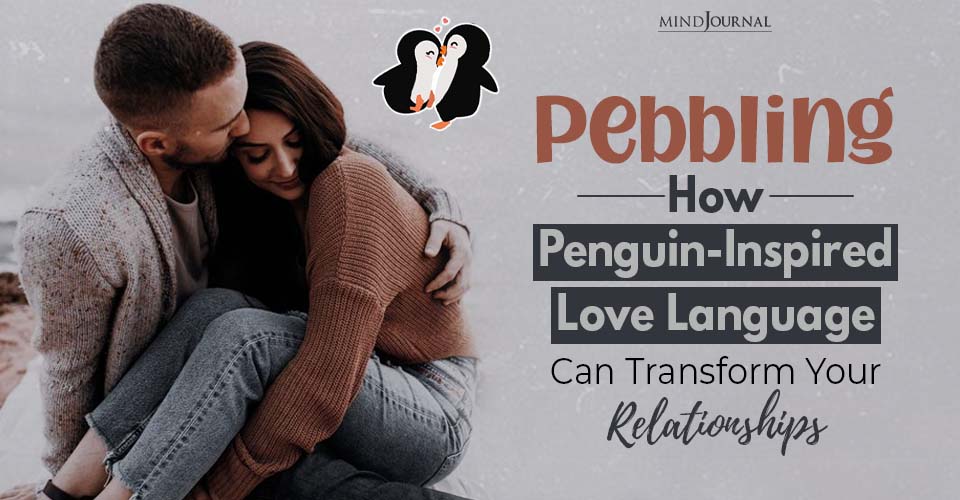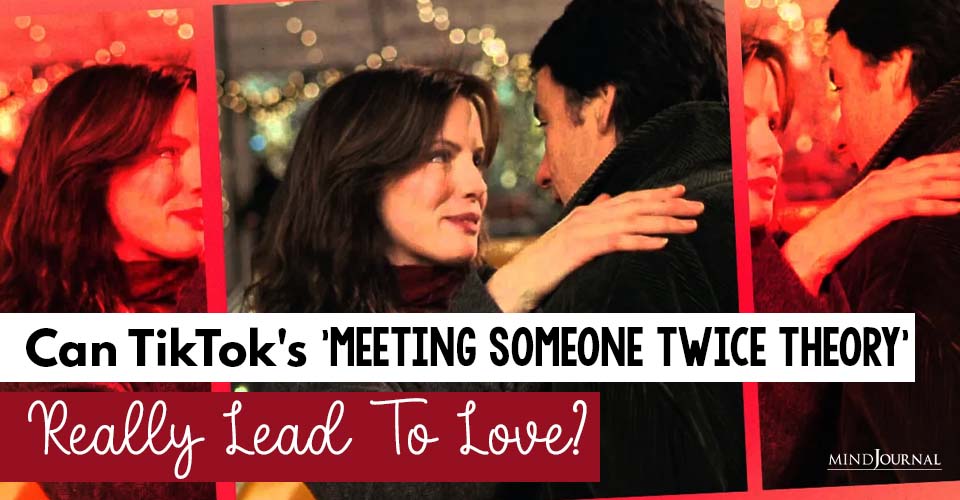Everyone has their own unique pattern of behavior related to their romantic relationships. Here are 5 common patterns that occur in relationship and how to identify yours.
Most of us have multiple relationships through the course of our lives; others settle for fewer partners and contribute to working things out or not. What does not change is our thinking that when we change a partner, things drastically shift.
And why not, the living condition changes, the way the bonding happens, changes and even the minute details that make up the relationship “real”, changes. Basically, as our current external situation transforms, we are naturally led to believe “things have changed”.
Touch one layer beyond that reality, and you’ll know that it is perhaps as far from the truth as the Earth is from the Moon.
Read The Relationship Patterns of the Narcissist: Know the Signs
Why? Because whether we like it or not, are aware of it or not, there is very likely a tendency in most of us to choose partners and relationship conditions that have some resemblance with one another. If this is hard to believe, let’s work with the concept of themes.
Does it feel like you tend to be drawn to only well-read people?
Or that you would get into a relationship only with people who are inclined to try out a number of things work-wise?
Or that you attract abusers time and again, even though you’ve done all you could?
See what I am talking about. Themes are usually a bit hard to construe, especially if you don’t give the time and space for them to be looked into and assessed. But once you do, you typically begin to see how your relationships seem like a continuation of each other, with only the faces and the names changing. And if that sounds frustrating and limiting, then we understand, because they are.
Our patterns really decide how well we are able to live our lives and how we bring ourselves to form a relationship with another. And while it is easy to question all patterns, it is important to remember that some patterns actually help us live better. For example, an acquaintance once told me, “I don’t get why people talk about conditioning like it’s all wrong. Some of it is right and that’s what keeps us alive.” Absolutely true.
However, without investigation, some of us can say, we’d be tied to toxicity for the rest of our lives. And that’s why it serves to get a grip on how our patterns define us and what we do to enhance the power our patterns have over us.
Read Social Media and Its Ill Effects On The Modern Romantic Relationships
What is the relationship pattern?
It would be completely justified if you do happen to ask this question. But to break it down, relationship patterns are defined by three things:
- Who we choose to enter a relationship with
- How we behave and feel in the relationship
- How we allow the other to behave with us
The above three typically interact and create a dynamic, which can either make you feel good in the relationship space, indifferent or like you’d want to flee as soon as possible.
The attempt is to find out why you might be feeling the way you’re feeling, while remembering a lot of what we do in relationships is defined by our early dynamics with our primary caregivers.
Are there other questions to ask?
Since relationship patterns are typically not apparent to the naked eye, sitting down with objective facts, is almost a necessity. Which is why asking a few extra questions can go a long way in helping you see what you need to see.
- Under what context did you meet?
- Who made the first move?
- How was your first impression?
- How long was the honeymoon phase and how did it end?
- How did you feel after this phase?
- What kind of red flags did you see?
- How did the relationship end?
- Who called it off?
- How did you feel about the ending?
On the surface, all of these are simple questions. Though if you can muster up the patience and courage to use these questions to look into every romantic relationship you’ve ever had, it’s likely that you’ll see a pattern emerge.
What has been your relationship patterns?
According to Vanessa Van Edwards, author of the bestselling book “Captivate“, people typically fall into one of the five archetypal roles, we’ll be talking about here.
1. The Parent
If you’re the one that carries most of the responsibility of the relationship, act as a shelter and place of one-sided comfort for your partner, you may well be operating from the parent role.
You might perpetually the one driving plans and feeling the need to dictate how your partner lives their lives. It could be something as everyday as repeatedly telling them to keep their home tidy or something a little serious, like telling them which friends to keep.
If it sounds like you’re the parent, it might be interesting to find out what sort of attachment you had with your parents and your siblings.
Across people who are first born, it is a tendency to assume this role more easily in romantic relationships than others.
Read The Illusion of Romantic Love Being The Only True Love To Pursue
2. The Caregiver
Do you ever feel like you have to worry solely about the well-being of your partner?
Like you’re the one who has to take charge for improvements in their life and fix them, so that they feel more complete?
Well then there’s a huge possibility that you’re playing the caregiver role. In other contexts, this inclination to fixing is also attributed to the “rescuer” mentality, that needs a “victim” to feel worthy and wanted.
As a caregiver, your tendency is to often think that your partner would do much better in life, only if they paid heed to your suggestions and advice.
A question to go inward for a caregiver would be – “What will happen if I stopped behaving like a person who cares too much?”
3. The Alpha
The boss, the dictator, the one in control, the one to make the first move and sometimes even the first to break away – sounds familiar?
In which case, the archetypal role you’re given to play is that of “the alpha”. This is quite literally the person who controls every bit of the relationship – right from the day-to-day actions to something as huge as a life decision.
The Alpha is often attributed to the person who is very clear about their needs, but also the one who seldom cares about what anyone else needs. If you’re indeed given to this pattern of role-playing, it might be interesting to ask yourself, “Where does this sense of control come from?”
Because let’s admit it, when you want to control a person or situation, it often means you’re secretly afraid that if you didn’t there would be chaos.
Read Is Love Enough? 3 Truths About Romantic LOVE
4. The Co-Dependent
Are you the kind that forgets to register their own needs as their own and instead, confuses them with their partner’s?
Do you feel like the life of your relationship is paramount, even over your peace of mind?
Do you think in most of your relationships, you came quickly close to your partner and turned into a “unit”? If your answer is “yes”, and you do sense that you tend to get enmeshed with your romantic partners, then yes, you are a co-dependent.
The pattern of co-dependency, like most other patterns, has its roots in developmental psychology. In fact, according to various psychologists, teenagers who are neglected by their parents and caregivers are often given to entering co-dependent relationships later in their life.
Taking stock of your boundaries, honestly assessing why you don’t use them enough and establishing an identity independent of your partner may be helpful, while you attempt to work with this pattern.
5. The Push-Pull
Have your relationships always felt super volatile? Did the emotional space in your relationships always seem fraught with danger and unpredictability? Has it always been about you wanting something while your partner wanted something else?
A “yes” would mean that you’ve been stuck in a push-pull pattern of relationship. You might have been the person wanting to pull away, needing your space. Or you may have been the one pushing to stay close to the person and get their needs of intimacy met.
Either way it’s natural if you felt less of a relationship and more of a tug of war. The psychology behind a push-pull dynamic is an extreme fear of intimacy on one hand, and a fear of abandonment on the other.
A question to ask if this theme seems familiar is, “Where have I experienced this in the past and what are the feelings lying beneath?”
Getting to know your patterns in romantic relationships may take some time, but once you do, you’ll see how close they are to what may have happened in your childhood and the growing up years.
Undoing any pattern takes patience and practice of a more functional new pattern to replace the old. And also being kind to yourself, remembering that you have been a certain person because you didn’t know any other way.











Leave a Reply